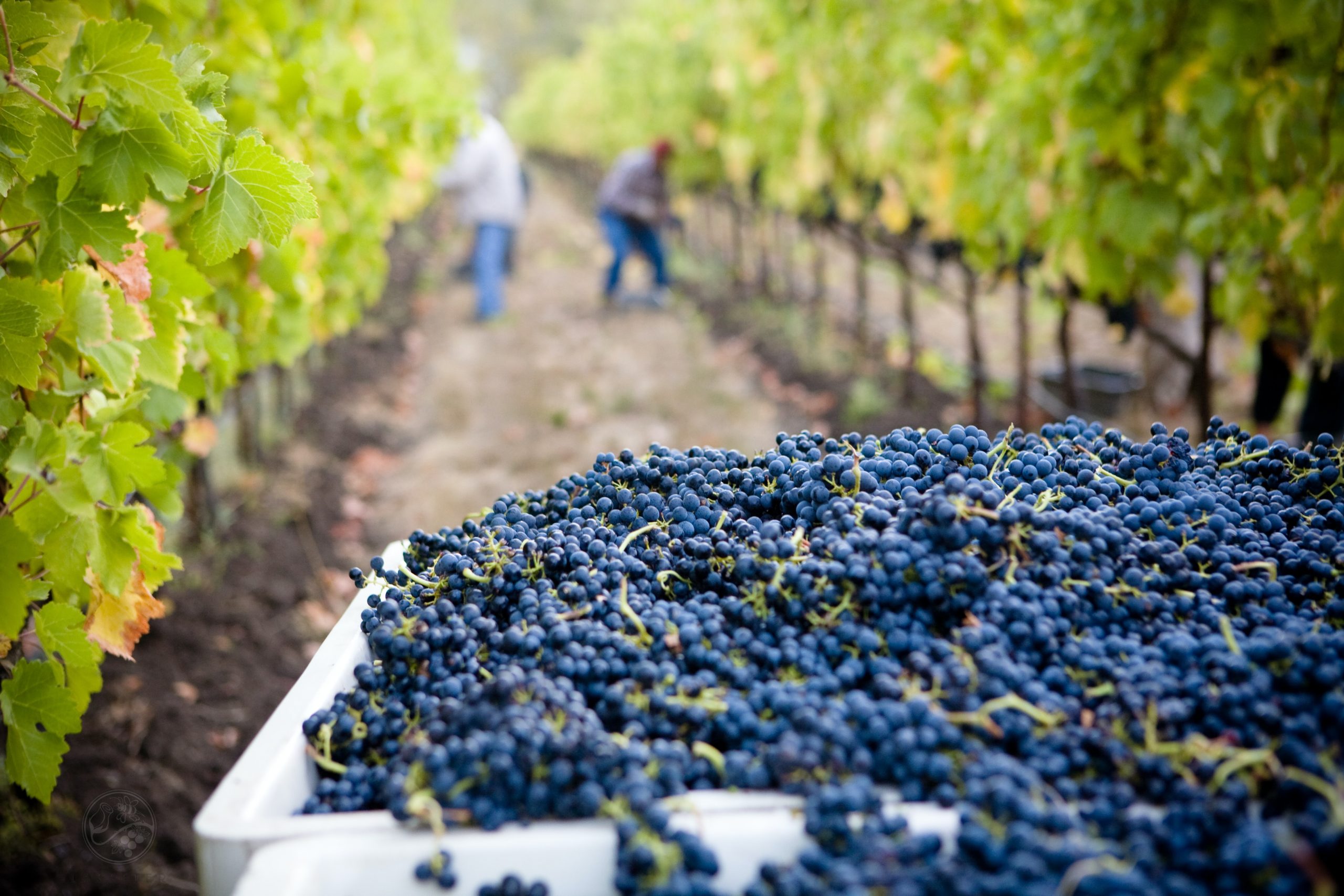Hosts for Life
CREATING A NEW REGENERATIVE INDUSTRY
Between TOURISM, FOOD & FARMING in SUSSEX
With Anna Pollock, Jenny Andersson, Anna Drozdowska
REGISTER FOR OUR JANUARY WEBINAR
about regenerative tourism


The Meta Challenge Facing Humanity
There’s one word that encapsulates and integrates all the challenges we face as humanity today and that’s HEALTH. There’s not a person, a business, a community or even a political party that can survive in an unhealthy environment for long – but that’s what we, as humanity, are trying to do.
We’ve recently seen just how vulnerable the Tourism and Hospitality sector can be when the health of a global public is threatened. A single pandemic, directly caused by one invisible virus and its variants, decimated the visitor economy in a matter of weeks and continues to prevent any significant “return to normal.”
Our health as individuals, companies, communities and economies depends on the healthy functioning of four highly interdependent living systems:
- Diverse, flourishing biosphere that deliver the basic services of clean air, water, and food
- A climate system that’s habitable for human life
- A food system capable of producing sufficient toxin-free, nutritious food
- An economic-social and financial system that enables all inhabitants to enjoy good health
All four systems depend on one seemingly invisible, down-trodden system within the natural world. That system is the SOIL beneath our feet. Its current health and future prognosis are severely compromised.
What is at the nexus between food, farming & tourism?
SOIL.
SOIL IS VITAL
Soil is also an ecosystem – it’s alive. Over 25% of all species on planet Earth live in the soil maintaining the very life support systems on which we depend.
There’s no shortage of reasons to be grateful to the 6 inches of soil beneath our feet as it is the primary contributor to food security and biodiversity and could provide us with the means to stem the rising threat from climate change:
Without healthy soil, 95% of the plants or animals needed to feed a global population would not exist. Without healthy soils, farmers wouldn’t be able to supply us with food to eat, feed for animals, fibre for textiles and fuel. Without the availability of nutritious food, any and every business would lack both employees and customers able to produce or consume.
SOIL IS ENDANGERED
The problem can be stated clearly thus – we’re losing precious top soil (it’s blowing away at the rate equivalent to 30 football pitches a minute) and the quality of what’s left (in terms of the diversity of life forms within it and its capacity to provide the benefits identified above), is deteriorating significantly and rapidly.
Each year, an estimated 24 billion tonnes of fertile soil are lost due to erosion. That’s 3.4 tonnes lost every year for every person on the planet. Soils store more than 4000 billion tonnes of carbon.
The main causes of soil loss and degradation, that can be summarised in three words: industrialised agriculture, urbanisation and globalisation.
How can Tourism & Hospitality help?
The responsibility for making the changes needed cannot fall on any one stakeholder, notably the farmer, alone. The food system is large and complex as illustrated below and responsibility for change needs to be accepted by all stakeholders.
Two of those stakeholders are the end-consumers and those that make purchasing decisions on their behalf and/or provide food away from home. This consuming component combines catering and hospitality (hotel, holiday, and other accommodation, restaurants (licensed and unlicensed), cafés, take away food shops and stands, clubs and bars, event catering, food service activities, convention and trade show organisers, cultural and recreational activities, and placement agency activities.
Farmers need support as they transition from extractive to regenerative forms of agriculture. The hospitality sector has a vested interest in ensuring that it can rely on a supply of quality food to serve to a steady supply of customers. It also relies on the beauty and appeal of its flourishing natural landscapes – urban or rural. None of these can be guaranteed until the bigger issues are addressed. Many new business opportunities can also arise from practical collaboration and mutual support delivered within communities based on localised need and potential.
In short, two sets of actors, if supported, can play a critical role in revitalising soil – the source of all life: farmers and hospitality hosts.
JOIN OUR WEBINAR ON JANUARY 20th 2022 at 4pm (UK)
What is the opportunity to create a new economy and narrative between tourism, food & farming in Sussex?



1. Purchasing Power
Catering and Hospitality account for a significant and growing portion of food purchases. Chefs, restaurant owners, and catering managers can choose to procure from farms where regenerative, organic practices are in place. Through menu design and their procurement decisions, they can increase demand for new varieties that are better suited to local conditions and thereby increase resilience and improve food security.
2. Market Influence & Education
The majority of hospitality customers and employees are unaware of how precarious our food supply is and probably know little about the role of soil, its potential to address the problems we face, and how they can help its restoration.
This sector can have a major influence on consumer awareness and choices as it has so many touchpoints with customers in settings where they are receptive to new information. For example, in many cultures, chefs are celebrities and influencers. In many destinations, visitors are looking for what is unique to the place and seek stories of people making a difference.
Destinations are now differentiating themselves on their “taste”. They are also trying to be and sell their sustainability. They are good marketers and those skills could be applied to education and persuading their hospitality sector to support regenerative farming and co-develop messages and educational material for travellers.
3. Co-Development and Diversification
There is a huge opportunity to develop a wider range of experiences as travellers seek to become more immersed in local cultures, learn more about different worldviews and ways of being; seek more time outdoors in nature etc.
Similarly, there are many opportunities for farmers to diversify their income sources from homestays, farm and nature tours, cooking lessons, land and peat restoration, reforestation, cleaning up waterways and forging closer relationships with conservation groups etc. Collaboration between farmers and hosts can lead to an exchange of skills and services; co- development and sharing of income.
4. Support
Support can take many forms – the exchange of skills and knowledge. Accommodation providers can provide skills and advice to farmers to develop homestays or jointly exploit these opportunities; restauranteurs can design menus according to what local farmers can best produce at any given season; destination marketers can help build market awareness and demand for local gastronomies; innovative business models such as MYINT can provide additional revenue streams.
5. Contribution to Social-Cultural Capital
(Social Tourism/Social Gastronomy)
The therapeutic nature of time spent outdoors is now well documented. Care Farming (the therapeutic use of farming) is expanding. Government agencies (national, municipal, parish) are recognising innovative ways of addressing poverty, deprivation, social justice, human rights, rehabilitation etc. that is creating new markets for both farmers and hosts. The growing interest in regenerative agriculture and land stewardship is enabling minority groups, many of whom have retailed a healthier relationship with nature over millennia, to demonstrate and share their knowledge, skills and gifts.

ANNA POLLOCK
Author of Hosts for Life
Regenerative tourism specialist Anna Pollock has spent more than 40 years designing tourism strategies around the world. A renowed and much-in-demand speaker on regenerative tourism, her paper Hosts for Life explores the future potential at the intersection of food, farming and tourism.

JENNY ANDERSSON
Founder, Really Regenerative CIC
Jenny is a regenerative practitioner and strategist. As founder of Really Regenerative she designs learning journeys for organisations, companies and individuals who seek to embrace the principles of living systems to design a regenerative economy.

ANNA DROZDOWSKA
Co-Author Hosts for Life
Anna Drozdowska is a marketing & communication strategist and sustainable travel consultant focused on food tourism, culinary heritage and regenerative food systems. She is a passionate storyteller and a professional journalist writing for National Geographic Traveller on food & wine.
You don’t have to say everything to be a light. Sometimes a fire built on a hill will bring interested people to your campfire.
―
